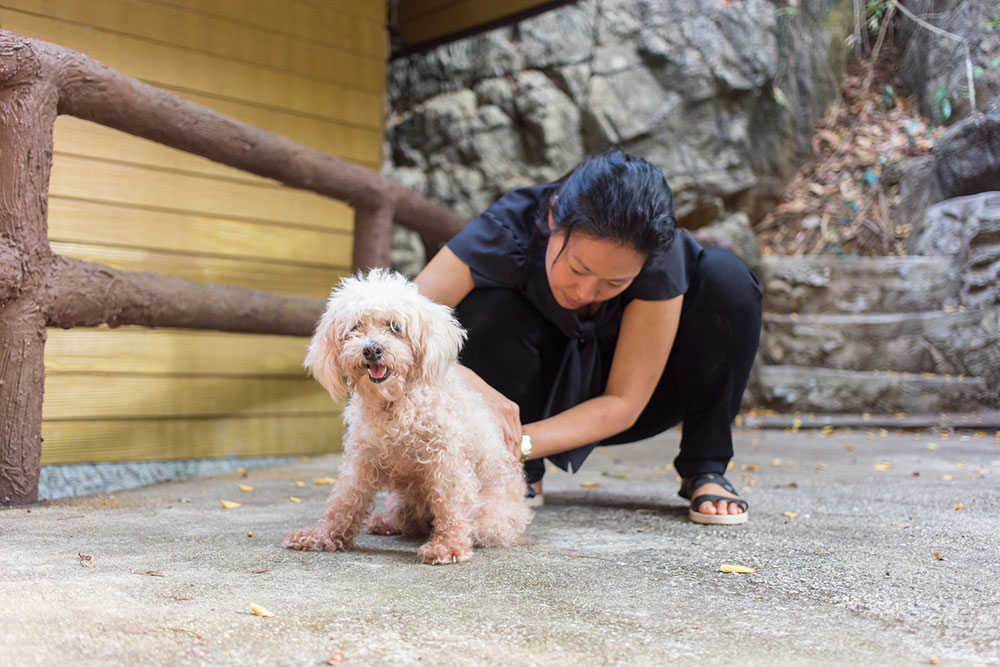Effective Strategies to Manage Dog Allergies
Learn effective ways to manage and treat dog allergies, including grooming tips, supplements, and veterinary advice to keep your pet healthy and comfortable. Understand the different allergy types and breed susceptibilities to better care for your dog.
Sponsored

If your dog frequently licks a certain area, scratches excessively, or scoots along the floor, it may be reacting to environmental allergens. Just like humans, dogs can suffer from allergies, and as pet owners, it's important to address these issues. There are four main types of dog allergies: atopy, flea allergy, food allergy, and contact allergy.
Atopy relates to airborne allergens like pollen, causing the dog’s body to release excess histamine, leading to allergic symptoms. For food, flea, and contact allergies, consulting a veterinarian is essential, while atopy can often be managed at home. Regularly wiping your dog after walks helps remove allergens. Using grooming wipes daily is recommended regardless of walking routine.
Supplements rich in Omega-3 or biotin can enhance coat health and alleviate allergy symptoms, especially during spring. Choosing gentle or medicated shampoos with minimal chemicals and bathing your dog weekly can help maintain skin health. As dogs age, allergy shots may become necessary, as environmental sensitivities tend to worsen over time. Breeds like Retrievers, Terriers, Dalmatians, Bulldogs, Beagles, and Irish Setters are especially prone to allergies.
While preventing exposure entirely isn't feasible, consistent grooming and regular vet visits are the best strategies for managing your dog's allergies and ensuring their well-being.






